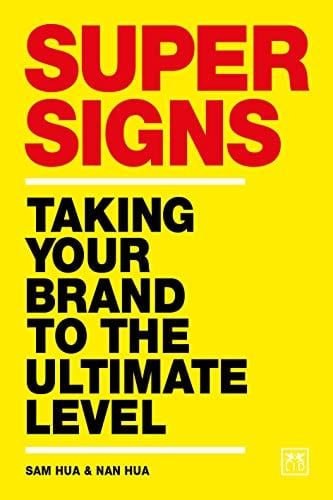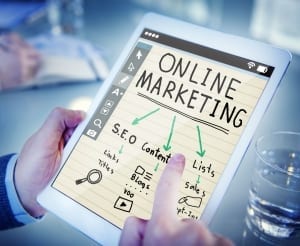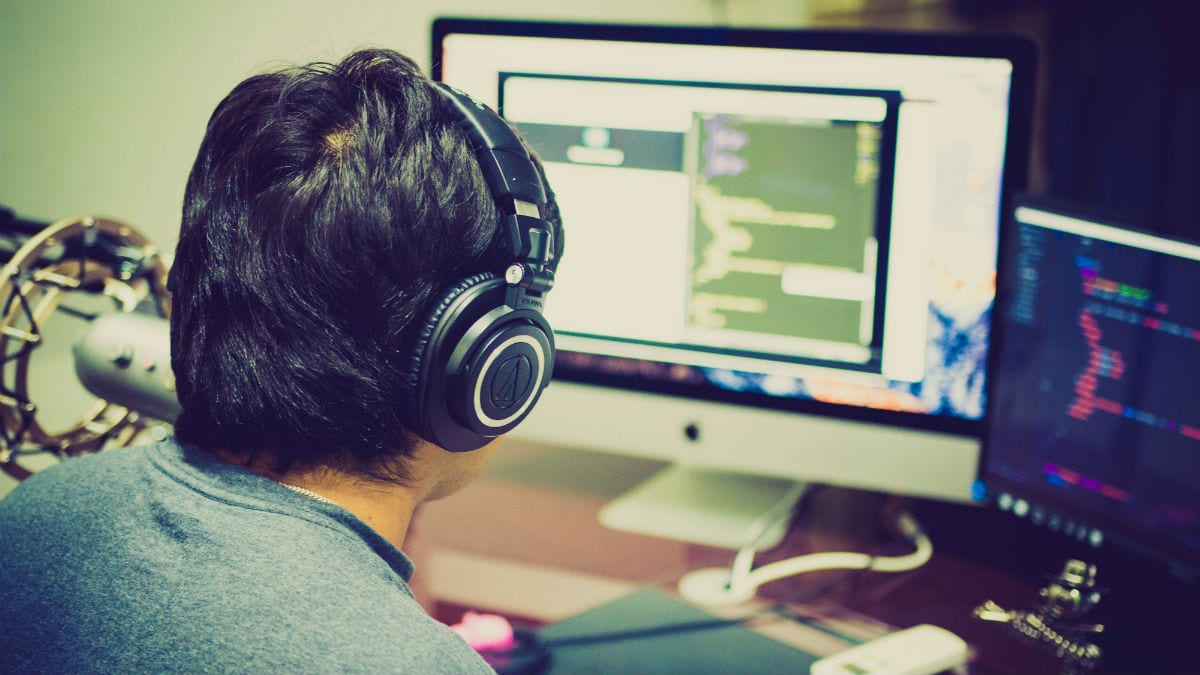The Influence of Start-ups on Healthcare
There are startups in every industry that are changing the way we do things in all aspects of our lives. Healthcare is no exception. In recent years, the number of startups in the healthcare industry has skyrocketed, and their innovations have potentially changed the future of healthcare.
Our health and insurance requirements start to change after we turn 26, which makes innovations in this area incredibly important. Here are some of the many ways startups have influenced the healthcare industry.
Fertility, Pregnancy, and Newborn Health
Startups have caused huge strides forward in both fertility and newborn health. For fertility, various testing methods have been invented to allow couples facing fertility problems to complete assessments in the comfort of their own home. Rather than being relegated to interactions with various doctors and meeting medical professionals in public settings, they can test their fertility privately and make decisions based on the findings. This saves time and allows for privacy and discretion.
There are innumerable applications available that allow couples to track their pregnancy and guide them through this physically and emotionally taxing time. They are often rolled into fertility applications, to help couples conceive. It is expected that in the future, smartphone apps will be able to listen for a baby’s heartbeat and even perform an ultrasound.
In newborn health, innovations by Neolight have resulted in a product that helps treat and prevent jaundice in newborns. As the majority of newborns experience some level of jaundice, their energy-efficient, safe, and portable product will help treat newborns safely and effectively while reducing readmissions to hospital.
Patient Engagement Apps
App development companies have been continuously working toward health tracking protocols that can be delivered to medical professionals, saving wait times and presenting clear, analytical data. For example, sleep trackers, activity trackers, and symptom trackers are all readily available on smartphones and smartwatches.
These apps when consolidated, present a clearer picture to medical professionals when a problem arises, especially now since they’ve been regulated with the HIPAA compliance act. They may be able to pick up on inconsistencies that speak to a deeper issue, that users may not have picked up. On the other hand, using these apps helps people become more mindful of what’s going on in their body and flag any issues that seem unusual. This could lead to getting a medical consultation earlier than they would otherwise, improving their prognosis.
Cancer Fighting Innovations
Scientists and startups are continuously working toward finding a cure for cancer. While there is no definitive cure yet, incredible advancements have been made in prevention and early detection. For example, skin cancer prevention products have been created to tell people when to reapply sunscreen. Other imaging techniques highlight tumors, making them easier to detect during scans and surgical removals.
On the other side of the battle against cancer, a startup known as Vivor has created a platform where cancer patients with financial troubles will be matched with different charities and financial assistance programs that can help them during treatment. Similarly, MyPeople Health is taking a patient-centric approach by focusing on creating apps that guide a patient through their journey, explaining everything simply yet thoroughly.
Startups offer a unique and fresh perspective to the healthcare industry, which is how advancements are made. Looking back at the changes over the last twenty years shows just how far we can go in a short amount of time.



 Things exist because we need them. We have brands not because companies made them, but because society needs them. If society and consumers didn’t need brands, no amount of effort from companies could bring them into existence.
Things exist because we need them. We have brands not because companies made them, but because society needs them. If society and consumers didn’t need brands, no amount of effort from companies could bring them into existence. Sam Hua is a board chairman and founding partner of Shanghai H&H Marketing Consulting Co., Ltd, a well-known expert in creative strategic marketing, and chief brand adviser of National Real Estate Manager Alliance. He has been dedicated to marketing strategies and creative marketing services for nearly 20 years. He established the first systematic marketing methodology – “H&H Methodology” – in the domestic marketing circle.
Sam Hua is a board chairman and founding partner of Shanghai H&H Marketing Consulting Co., Ltd, a well-known expert in creative strategic marketing, and chief brand adviser of National Real Estate Manager Alliance. He has been dedicated to marketing strategies and creative marketing services for nearly 20 years. He established the first systematic marketing methodology – “H&H Methodology” – in the domestic marketing circle. Nan Hua is a founding partner of Shanghai H&H Marketing Consulting Co., Ltd and Board Chairman of Dook Media Group Ltd. He is a co-producer of several movies such as So Young and Old Boys: the Way of the Dragon.
Nan Hua is a founding partner of Shanghai H&H Marketing Consulting Co., Ltd and Board Chairman of Dook Media Group Ltd. He is a co-producer of several movies such as So Young and Old Boys: the Way of the Dragon.


